Anxiety and Physiotherapy
Table of Contents
What is an Anxiety?
It’s normal to feel anxious about moving to a new place, starting a new job, or taking a test. This type of anxiety is unpleasant, but it may motivate you to work harder and to do a better job. Ordinary anxiety is a feeling that comes and goes, but does not interfere with your everyday life.
In the case of an anxiety disorder, the feeling of fear may be with you all the time. It is intense and sometimes debilitating.
This type of anxiety may cause you to stop doing things you enjoy. In extreme cases, it may prevent you from entering an elevator, crossing the street, or even leaving your home. If left untreated, the anxiety will keep getting worse.
Symptoms
The most common include:
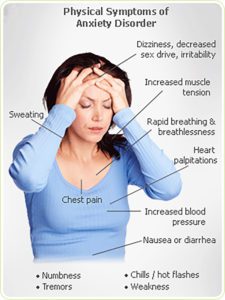
-Constant worrying and excessive anxiety (normally revolves around daily issues about small or large concerns)
-Difficulty concentrating or the mind constantly goes blank
-Excessive sweating
-Palpitations or rapid heartbeat
-Chest Pain
-Shortness of breath
-Stomach/intestinal symptoms
-Nausea or diarrhoea
-Fatigue
-Irritability
-Muscle tension/ muscle aches
-Headaches
-Restlessness/ feeling ‘on edge’
-Trembling or easily startled
-Sleep disturbance: difficulty falling asleep, staying asleep, or restless, unsatisfying sleep.
Causes of Anxiety:
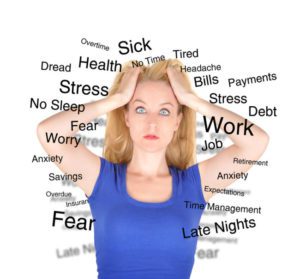
The aetiology of GAD is multifactorial and involves psychological, social and biological factors. It may be caused by brain chemicals (neurotransmitters) and their natural fluctuation. These neurotransmitters include serotonin, dopamine, and norepinephrine. There is evidence that abnormalities in GABA neurotransmission or benzodiazepine receptor function are involved in the aetiology of generalized anxiety disorder.
Natural Treatment:
These include:
-getting enough sleep
-meditating
-staying active and exercising
-eating a healthy diet
-staying active and working out
-avoiding alcohol
-avoiding caffeine
-quitting smoking cigarettes
Medical Treatment:
-Selective Serotonin Reuptake Inhibitors
-Serotonin Noradrenalin (Norepinephrine) Reuptake Inhibitors
-Benzodiazepines
-Buspirone
-Pregabalin
-Beta Blockers
Physiotherapy Treatment:
Physical therapists cannot directly cure anxiety, as is it thought to be caused by neurotransmitters within the brain. However physical therapists need to be aware of the symptoms of anxiety due to the fact that more and more patients are being diagnosed with generalized anxiety disorder.
An important role of a physical therapist is within patient education. It is important for the patient to understand what brings on their anxiety. Explaining that keeping a diary of their anxiety and rating it on a scale of 0-10 can be helpful for the patient.
Relaxation and Deep Breathing Exercise:
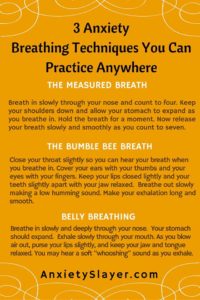
Physical therapists can also teach the patient relaxation techniques and deep breathing exercises.
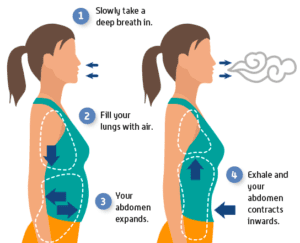
Massage:
A physical therapist can also provide massage techniques in order to help decrease muscle tension.
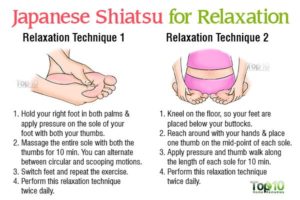
Exercise:
Another way that physical therapists can help in reducing anxiety is through exercise. Research on anxiety and exercise has shown that benefits of exercise include the reduction of anxiety and improved mood. This relationship is not clearly understood; however, it has been found that working out can help increase relaxation and keep the anxiety symptoms from returning once the patient is feeling better.
Aerobic Exercise:
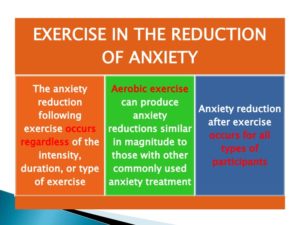
Aerobic exercise is best for the management of anxiety; however, any exercise to get the patient moving is a positive. Workplace physical activity and yoga programmes are associated with a significant reduction in depressive symptoms and anxiety, respectively.


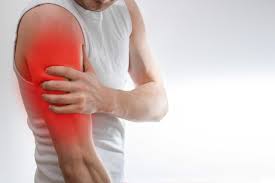

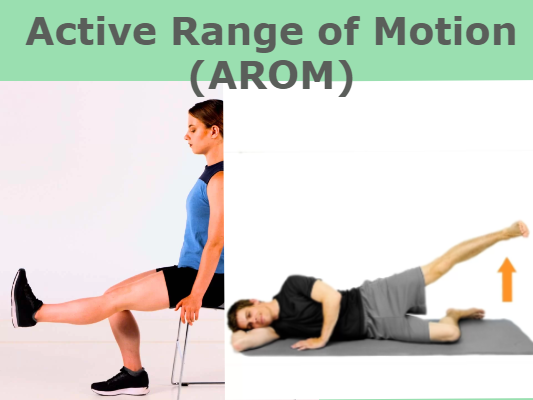

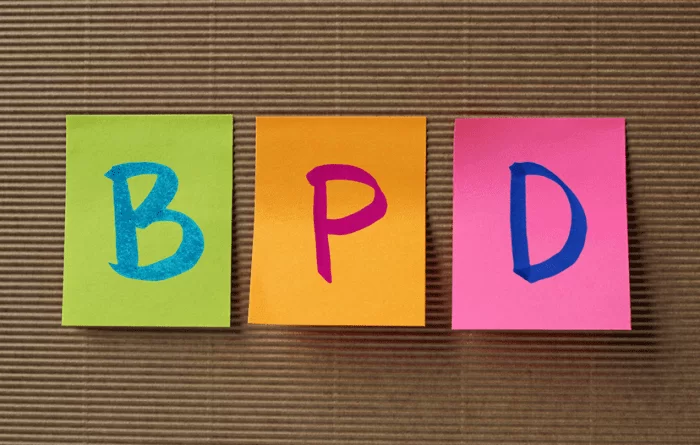
19 Comments